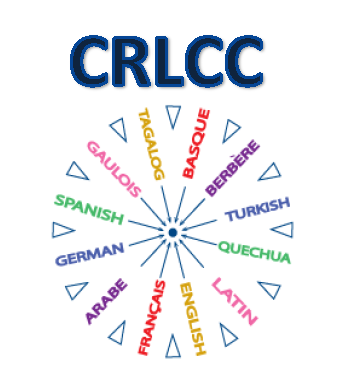This section focuses on the relationships between politics, ideologies, and language contact.
US Ideology and the translation of Mexican literature into English
Martin Boyd, School of Translation Studies, Glendon College, York University
This paper explores the ways in which US ideological perspectives of Mexican identity have influenced the translation of Mexican literature into English. The methodological framework for this study draws from Mona Baker’s use of narrative theory to analyze ideology in translation (Translation and Conflict, 2006), whereby “narratives” are defined as “the stories we tell ourselves […] about the world(s) in which we live” (Baker 19), and thus as cultural expressions of ideology. From this perspective, translation involves the “re-framing” of source texts to accommodate them into the narratives (and ideologies) of the target culture. Taking the specific case of the translation of Mexican literature into English, this paper examines the role of US public narratives of Mexico as an exoticized other in this “re-framing” process, in terms of the texts selected for translation, the way those texts are promoted and received in the target culture, and the strategies employed in the translation process itself.
Inuit in the northernmost past of Quebec are worried about the survival of their language, Inuktitut. Hear their story. May 20 and 22, 2012 – CBC C’est la vie
Ukraine Seeks Linguistic Revival
The collapse of the Soviet Union left a complex mixture of ethnic groups in republics of the former empire. Their common language, Russian, expanded at the expense of native languages, which former Soviet republics are seeking to revive. Ukraine is demanding that students pass college entrance exams in Ukrainian, and the language is taught in all of the country’s elementary and high schools. But as VOA Correspondent Peter Fedynsky reports, the effort involves practical obstacles, even outright hostility from some who are content to speak Russian.


